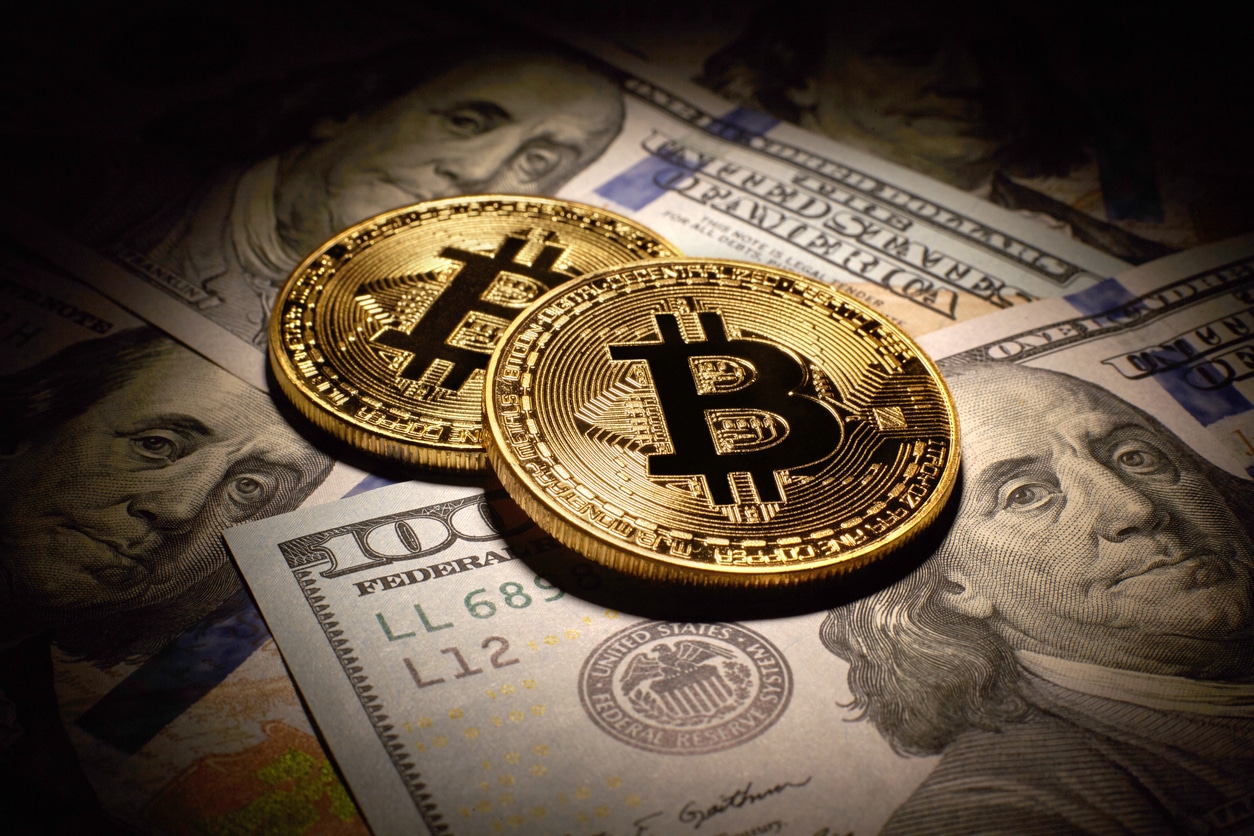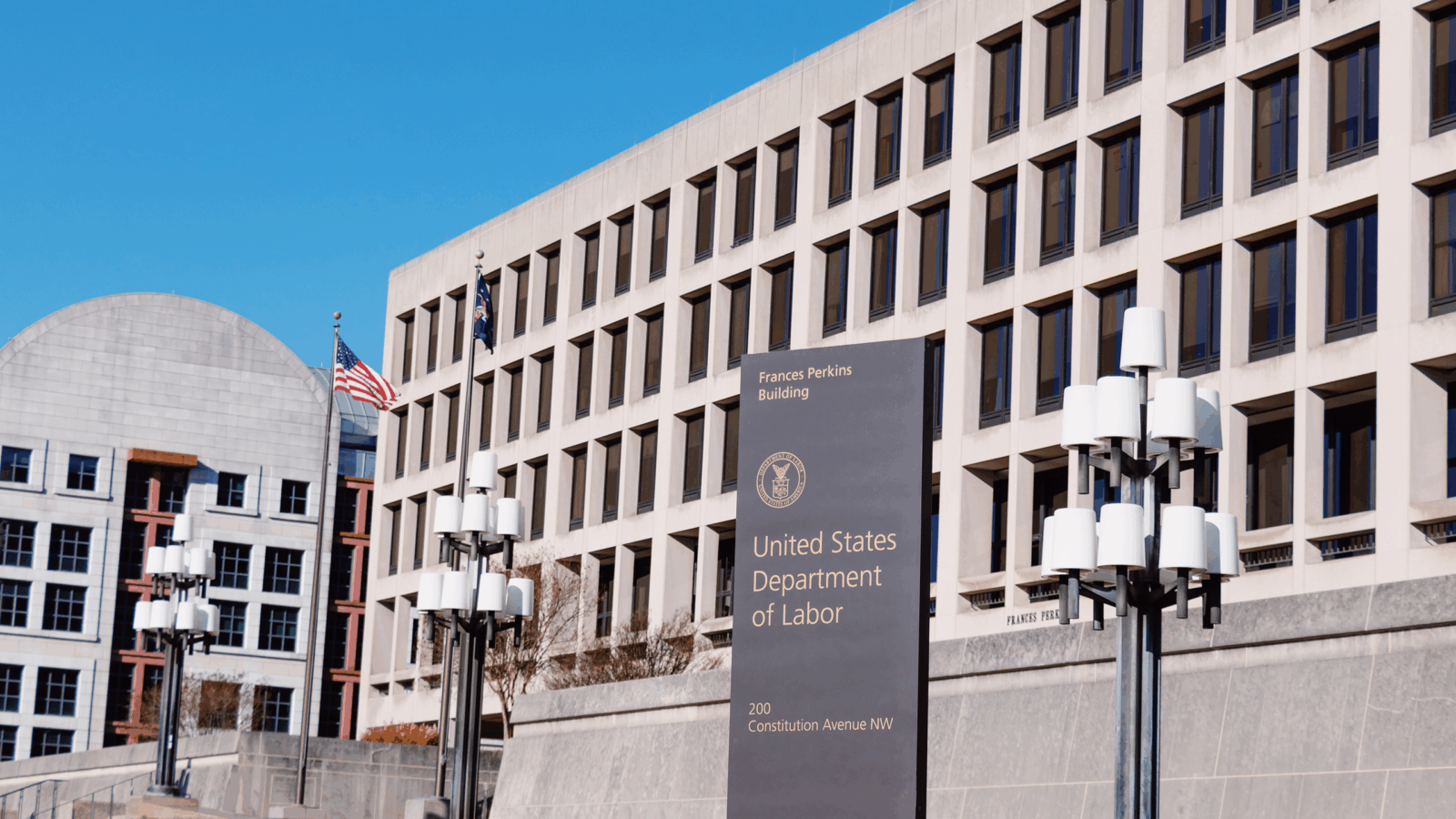
Sign up for smart news, insights, and analysis on the biggest financial stories of the day.
When Xi Jinping and China’s ruling party don’t like something, it’s usually met with a crushing blow. Their latest targets – bitcoin miners and Hong Kong’s free press – are no exception.
Apples to Orange Jumpsuits
Apple Daily, a pro-democracy newspaper in Hong Kong, announced Monday it’s on the verge of stopping its presses for good after authorities froze its bank accounts over the weekend. The move denied the paper – which is often critical of China’s mainland leadership – access to its $2.3 million in assets and prevented any vendors from paying the company.
With only enough cash to last a few weeks, board members will vote on Friday regarding whether to shut down Apple Daily permanently. And the paper isn’t just short on liquidity:
- The boardroom is looking sparse as well. Apple Daily’s editor-in-chief and five other top executives were tossed in jail after police raids last week.
- The paper’s founder, billionaire and democracy activist Jimmy Lai, is already occupying a prison cell.
Why Can They Do This?: Last year, mainland Chinese authorities introduced a so-called national security law in response to large pro-democracy protests in Hong Kong. The law essentially eliminated the city-state’s judicial autonomy and criminalized political activity that opposes Beijing’s rule. Those who break the law can go to prison for life.
End of the Mine?
Meanwhile, things aren’t much brighter for bitcoin miners. China’s central bank said Monday that it’s demanded banks and payment institutions take a hard line on cryptocurrency trading. Beijing is also initiating its own offensive:
- Over the weekend, the government demanded the closure of 26 cryptocurrency mining projects in Sichuan, the country’s second-biggest bitcoin mining province. China’s cabinet has pledged to crack down on crypto mining and trading in an effort to reduce risk.
- About 65% of global Bitcoin production took place in China last year, according to University of Cambridge researchers.
What’s the Impact? Bitcoin fell 10% Monday, has tumbled 20% in the last six days, and is trading at half its record April high. While the flagship crypto is ever-volatile, China’s conduct is magnifying the present downtrend.











